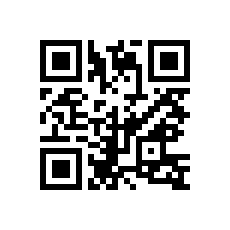Concept
Nowadays and with the explosion of social networks* the behavior of Internet users has changed. The takers and influencers are acclaimed and the "digital word of mouth" makes or breaks the reputation of a brand, a company or an event.
One can then legitimately ask the question of having one's own website or is it better to rely on these new behaviors. Especially as depending on the type of site, the budget can vary from 1 to 100. Wdo Studio has chosen to make a mix of these two approaches.
The idea is to allow anyone to create a real digital version of a document, flyer or page and use social networks to relay it. Whether it is a presentation of institutional form, a product sheet, an event poster,... its digital version will enrich it.
Our customers can create as many digital pages as they wish for a few days, weeks, months or years. By clicking here, you will see different examples of digital documents. Of course the designer at any time to change its content and eventually it will disappear automatically.
*Some figures: Facebook (2 billion active users per month (June 2017)), YouTube (1.5 billion active users per month on Youtube (June 2017)), WhatsApp (1.2 billion active users per month (February 2017)), Instagram (700 million monthly active users on Instagram (April 2017)), Google (359 million monthly active users on Google (May 2013)), Twitter (328 million active users per month (April 2017)).
Installations
We work in back office on the installation and configuration of third-party solutions like CMS* (ex: Wordpress or Drupal).
*CMS is the acronym for content management system, in French, "system de gestion de contenu". It is a computer program that uses a database to manage the appearance and content of a website from A to Z.
Hosting
The main activity of the web host is to install its servers, to secure them, to keep them up to date by installing security updates to prevent malicious attacks, to repair them in case of failure, to install the technologies desired software.
This is not our job ... That's why we work with one of the major players in the world. We can guarantee you security and performance whether in a shared or dedicated offer.
Tools
We have developed a library of modules and functions to quickly offer:
- Automated postage on social networks (Twitter, Google, Facebook, ...)
- Generation of QR-Codes (games, articles, ...) or "pdf" file (invoices, weekly, ...) on the fly
- Downloading media (photos, videos, files, ...)
- Automated image processing (smoothing, resizing, filtering and timestamping)
- Automated tasks by "CronTab" (cleaning of database and spaces, backups, editions ...)
Specific ones
If standardization is required in 90% of cases, we can study projects or customized modules.
Mvdo
We participate in the development of "local trade".
Better known by the acronym Mvdo, this site is designed as an application. Visit Mvdo
Context of the mission: Find a cost-effective solution to allow bakers to communicate better on the net.
Main Mission: Develop a contact management system (merchants, stores, users and partners), media (photos, video, documents and sounds), products and reservations, as well as alerts (by notification). Develop modules such as registration (merchant and user), geolocation merchants, automatic post on social networks, creation on the fly of QR-Codes (games or links), PDF, direct mail to registered customers , cron tasks ...
Achievements: A complete solution offering the trader
- An online showcase on the Internet,
- Media galleries (photos, videos, documents, music ...),
- Products offered for online booking, Automatic communication on Facebook, Twitter, Google+, Flux Rss ...,
- Smart-TV communication connected in store,
- Commercial tools (QR-Games, QR-Codes, business cards, ...),
- Access to the partner's media (photos, videos, music, flyers, brochures and other PDFs),
- Automation of exchanges (automatic generation of notifications, emails and mailings).
Results: Creation of a social network of traders open to bakers, pizzerias, wine merchants and florists.
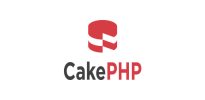

The World Wide Web Consortium, abbreviated as W3C, is a non-profit standardization organization, founded in October 1994 by Tim Berners-Lee after leaving CERN in October 1994. It promotes the compatibility of Net technologies such as HTML5, HTML, XHTML, XML, RDF, SPARQL, CSS, XSL, PNG, SVG and SOAP. The leitmotiv of W3C is "One web everywhere and for all".
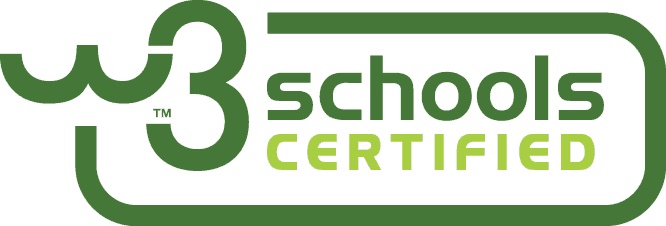
W3Schools is a popular website for learning web technologies online. The content includes tutorials and references related to HTML, CSS, JavaScript, PHP, SQL, Bootstrap and jQuery. It receives each year more than 10 million unique visitors.
Created in 1998, its name comes from the World Wide Web, but is not affiliated with the W3C (World Wide Web Consortium). It is managed by Refsnes Data in Norway. W3Schools presents thousands of code examples.
By using an online editor, readers can edit examples and run the code in a sandbox.
Contact us
If you want us to contact you, leave us a message with your contact details and especially a day and an hour so that we can call you back.
Opening hours
Monday from 09:00 to 12:00 and from 14:00 to 18:00,
Tuesday from 09:00 to 12:00 and from 14:00 to 18:00,
Wednesday from 09:00 to 12:00 and from 14:00 to 18:00,
Thursday from 09:00 to 12:00 and from 14:00 to 18:00,
Friday from 09:00 to 12:00 and from 14:00 to 18:00,
Saturday closed,
Sunday closed.
Contact information
Wdo Studio
10 rue de la Gar2 - 62840 Laventie0972 276 2234
https://www.wdostudio.com/

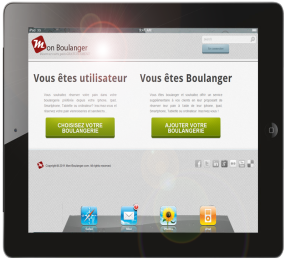
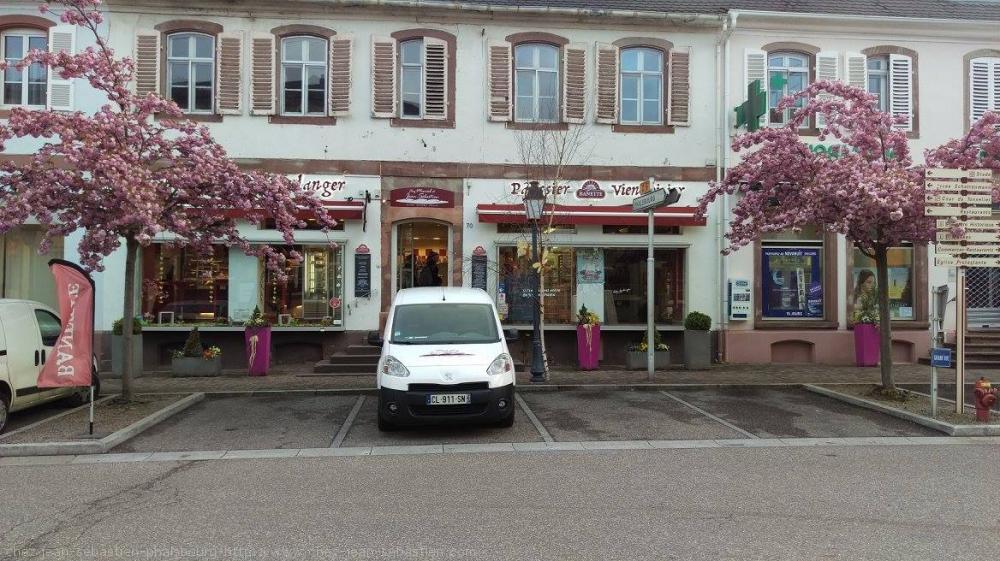
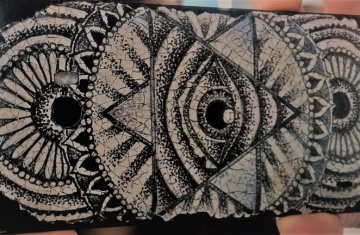



 Wdo Studio 2004-2026 © Wdo-Communication concept déposé.
Wdo Studio 2004-2026 © Wdo-Communication concept déposé. 